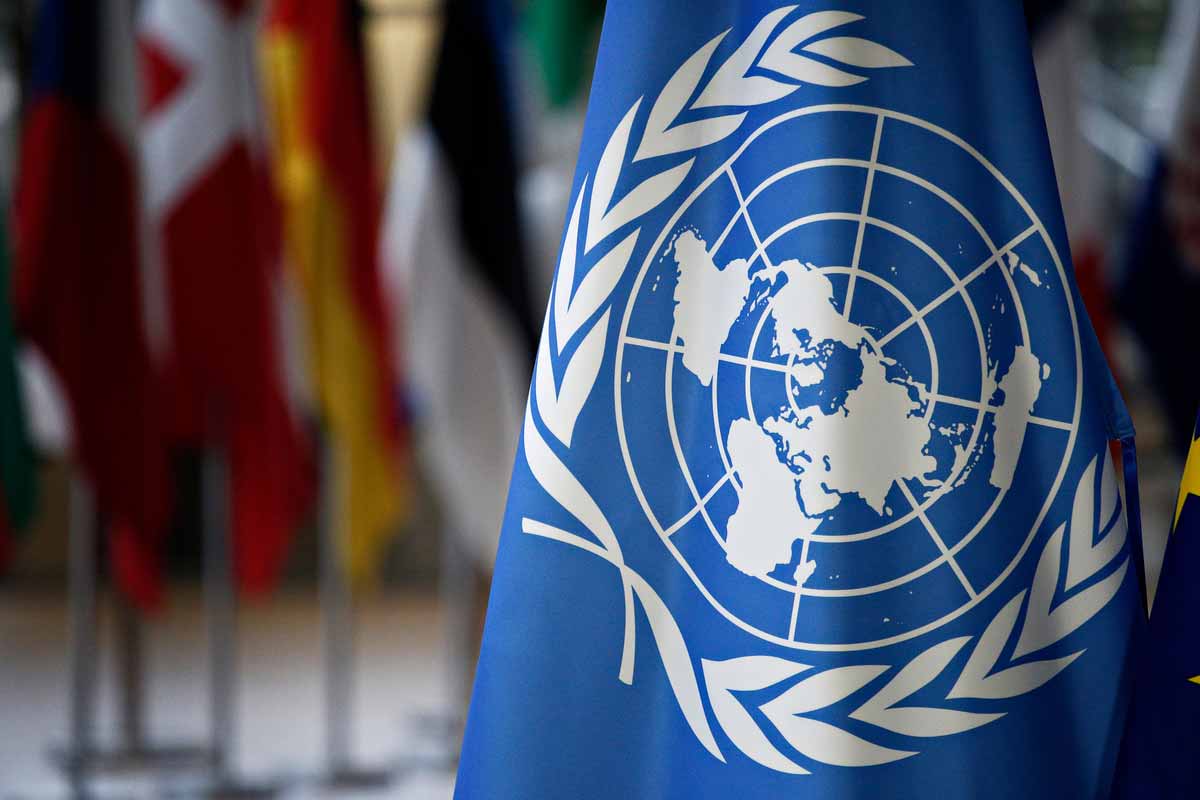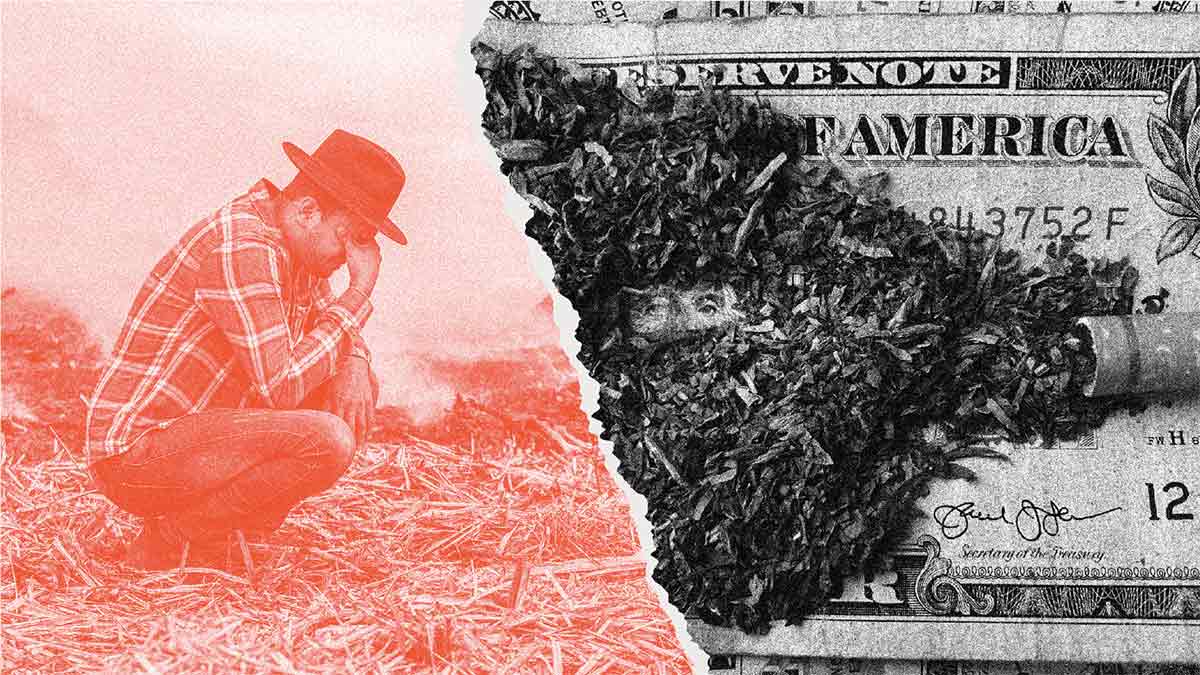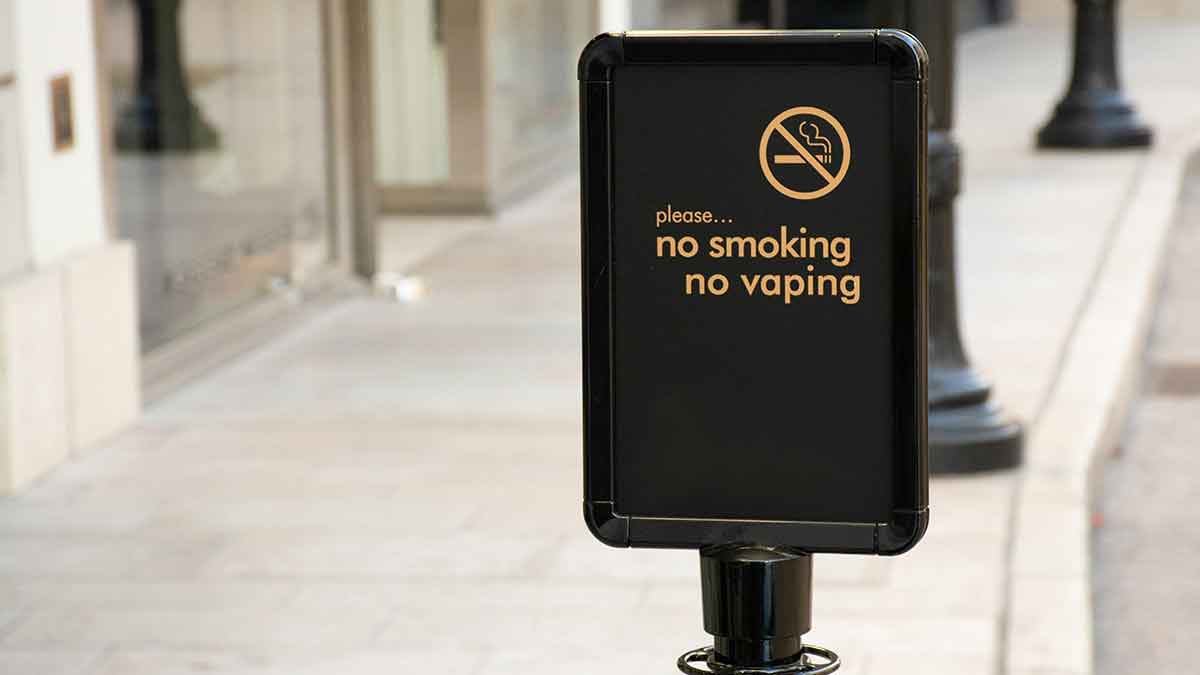- Resources
- News
-
-
Get Email Updates
Sign up for STOP's emails and never miss an update on our latest work and the tobacco industry's activity.
-
Share a Tip
Do you have information on tobacco industry misconduct in your country? Let us know.
-
Get Funding
Ready to tackle industry interference? You could be eligible for a grant.
-
Get Email Updates

When COVID-19 began to sweep the globe, it brought with it serious threats. Beyond the devastating toll it’s taken on human health and well-being, the virus nearly paralyzed economies, struck a blow to productivity and sent health care costs soaring.
The sheer magnitude of the pandemic’s impact suggests that recovery should not be fragmented. Rebuilding from COVID-19 should mean rebuilding with better public health systems, stronger economies and more equitable societies—to come out stronger and be better equipped to handle threats in the future.
The opportunity
The 75th annual United Nations General Assembly (UNGA), hosted virtually in September, provides world leaders an ideal platform to commit to these opportunities while also strengthening progress toward achieving the United Nations (UN) Sustainable Development Goals (SDGs)—key development targets that have never been more important. But a major roadblock could stand in the way: the tobacco industry.
The roadblock
The pandemic exposed the tobacco industry and its profits to new and unique threats. A brighter-than-ever spotlight is now fixed on the severe health harms caused by tobacco use, including the noncommunicable diseases that put patients at a higher risk of severe illness from COVID-19. Cigarette consumption could wane as people cut back or quit to protect their health, or simply can’t access tobacco due to lockdowns or restrictions. Other threats to profits include factory closures, slowed production and regulatory bodies considering raising tobacco taxes to help fund COVID recovery. With a dent in profits looming in the shadow of the pandemic, the industry sprang into action.
Tobacco companies upped their so-called corporate social responsibility (CSR) activities—one of their hopes being that a boost in reputation could endear them to policymakers and help ward off regulations that could hurt profits down the road. Companies fought restrictions and lockdowns and lobbied to get their products deemed “essential.” Perhaps most ironically, the industry is now suggesting it supports the SDGs, when, in reality, it hinders progress on nearly every one of them.
The solutions
To ensure countries make the most of this likely once-in-a-generation opportunity to supercharge progress toward the SDGs while rebuilding stronger societies post-COVID, world leaders and policymakers should implement the following novel options.
- Include tobacco control in COVID-19 recovery plans. Tobacco control can play a pivotal role in attaining nearly every SDG. In his presentation for a recent webinar titled Overcoming Tobacco Industry Interference to Achieve Sustainable Development Goals, Douglas Webb, the United Nations Development Programme’s Team Leader of Health and Innovative Financing, shared that a mere three out of 62 countries have included tobacco control in their COVID Socio-Economic Action Plan: Bahrain, Jordan and Saudi Arabia. More countries must seize this opportunity and make tobacco control a guiding factor in their recovery plans.The pandemic has highlighted the need for proven tobacco control measures, such as smoke-free regulations, and has even created windows to advance these measures in some countries. In her presentation for the same webinar, Dr. Fatimah EL Awa, Regional Advisor of the Tobacco-Free Initiative for the World Health Organization, shared that a stunning 14 countries in the Eastern Mediterranean Region had banned indoor and outdoor tobacco use in public places, and 17 had banned waterpipes. She cited this as a monumental step forward, as prior to the pandemic, decision-makers said this could not be done.
- Implement the WHO Framework Convention on Tobacco Control (FCTC). Doing so would further progress toward target 3.a, which calls specifically for strengthening the implementation of the FCTC in all countries. This treaty, with its 182 Parties, isn’t siloed in Goal 3 promoting health and well-being; it can help advance progress in nearly every SDG. The treaty seeks to tackle the cause of the global tobacco epidemic and, in doing so, mitigates the damage to health, the environment, economic development and more caused by the tobacco industry. In the wake of COVID-19, the FCTC can help stimulate economies and improve public health safely and responsibly.
- Increase tobacco taxes. Raising tobacco taxes is one of the most important ways countries can ensure that tobacco companies—not their own governments or people—are the ones held financially accountable for their countries’ COVID cases made worse by tobacco use. Further, using increased tobacco taxes to fund health and development will also help achieve Goal 3 of the SDGs and make progress on other goals focused on promoting economic growth, sustainable agriculture and gender equality.
The pandemic has left countries scrambling to mitigate the damage sustained to their economies and citizens’ health. But it has also afforded world leaders an unprecedented opportunity to make things better. Policymakers and leaders at the UNGA have a choice to make: be influenced by the tobacco industry and become complicit in worsening global health and slowing progress on the SDGS, or incorporate proven tobacco control measures to the benefit of their economies, populations and the ever-important SDGs.


